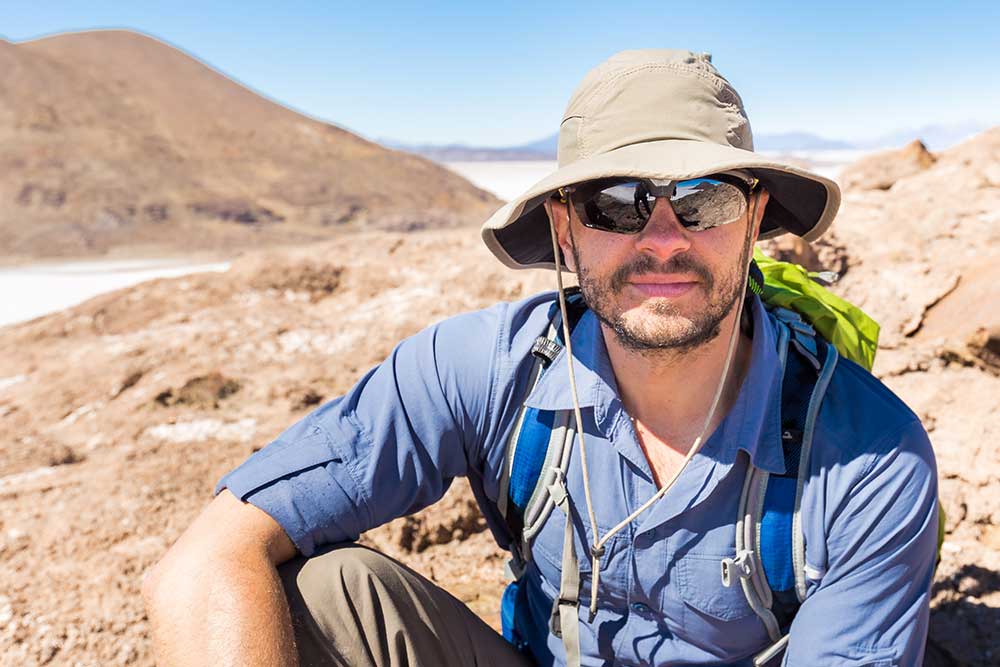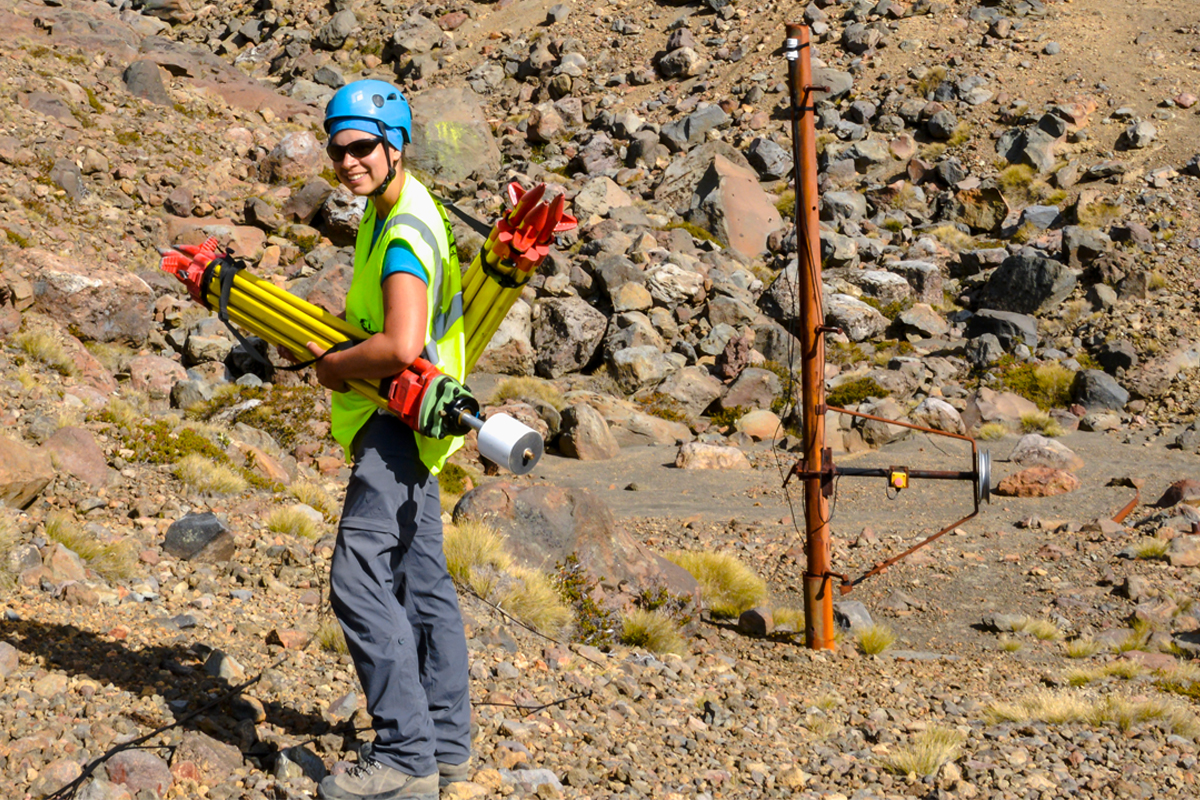All Categories
Featured
Table of Contents
Geophysics in South Guildford WA 2023
This work is significantly contracted out, so consultancies provide another source of employment. Consultancy companies differ in size, from really small business to large multinationals. Some consultancies are quite specialised in using specific geophysical techniques or operating in particular places, while others provide a more varied range of services to their customers.
The extraction of gas from landfill websites is another area of employment and this may grow in the future. Expedition companies may carry out work for building companies, public utility, mining companies and environmental agencies, so geophysicists might be utilized in any of these settings. Other companies include: geological surveysgovernment bodies and agenciesuniversities and research institutes.


Jobs might be listed in the oil and gas sector press. Recruitment is affected by oil rate fluctuations and the level of competitors for positions differs depending on this. Careers Days, which cover the full variety of geoscience careers and are generally attended by a variety of crucial industry companies, are run by The Geological Society.
Geophysical Engineering Undergraduate Program in Millendon Aus 2022
Some of the big oil and gas companies offer a full two-year structured training programme throughout the breadth of geophysics, consisting of the opportunity to experience operate in numerous teams before specialising in one location. Your training may consist of deal with: existing wellsmagnetic and gravitational prospective field data analysisresearchrock analysis. It's more typical for your initial training to be offered on the job.

There may be a probationary period during which you work alongside a skilled associate. Competency-based appraisals happen routinely in many companies. In smaller sized companies, and for scholastic posts, there is unlikely to be any formal training - you'll be expected to begin work straightaway and pick up skills as you go along.
If you work for a smaller sized business, you may find that you require to take responsibility for organizing and funding your own advancement and training. If you have a geology degree, membership of The Geological Society can be helpful for networking and for maintaining to date with the industry.
Career Opportunities In Geology in The Vines Australia 2022
You may also find it useful to sign up with the PESGB (The Petroleum Exploration Society of Great Britain, which has a geophysics special interest group. After a probationary period, and as soon as you've acquired some experience, you could advance to senior geophysicist, then group leader and then into a senior role in management.
The ease of movement between roles depends upon the company structure. Study at Masters or Ph, D level in a subject associated to geophysics or geosciences might assist with your career advancement and development. The employment market within the oil and gas industry is really reliant on rate and this may affect your chances for career development.
For skilled geophysicists, freelance consultancy uses an excellent path for profession development. As a geophysicist, you're likely to have a number of jobs throughout your working life.
Geophysical Methods in Dianella Oz 2022
From geophysics, it's possible to focus on seismology (finishing additional training to end up being a seismic interpreter) or to move into associated areas such as engineering geology or risk forecast.
Choosing what to study in college is a difficult option. Even if you understand that your field of interest lies in science, what program of study is best for you? If you make the choice to significant in physical and life sciences and pursue a profession as a geophysicist, you're preparing for an exciting and lucrative profession.
The very first step to attaining your goal of becoming a geophysicist is making a degree. Even for entry-level positions in the field of geoscience, you'll need a bachelor's degree (a geophysicist college degree) from a certified college or university. Some research study positions need candidates to hold master's degrees or even Ph.
Airborne Geophysical Measurements in Fremantle Oz 2021
Doctoral degrees are particularly essential if you plan to teach at a four-year organization. Geophysicists use physics concepts and techniques to study the gravitational, magnetic, and electric fields of the earth. This enhances researchers' knowledge of both the planet's interior core and its surface area. Geophysicists need to have the ability to: analyze rocks, photos, and other pieces of information perform research both in the field and in labs develop maps and charts of their findings write reports To achieve all this, trainees require a specialized education for geophysicist careers.
As mentioned above, you'll need a bachelor's degree in geoscience or an associated discipline, such as a physical science or a natural science, to land an entry-level job. However trainees can likewise prepare by learning topics like: Biology Chemistry Computer technology Engineering Mathematics Physics The above geophysicist majors offer a more generalized technique to a single scientific discipline, but a lot of programs require students to take one or more geology course.
Latest Posts
What Is Geophysics And What Do Geophysicists Do? in Sinagra Australia 2023
Geophysics in Beckenham Western Australia 2022
Geophysical Survey - An Overview in West Perth Oz 2020